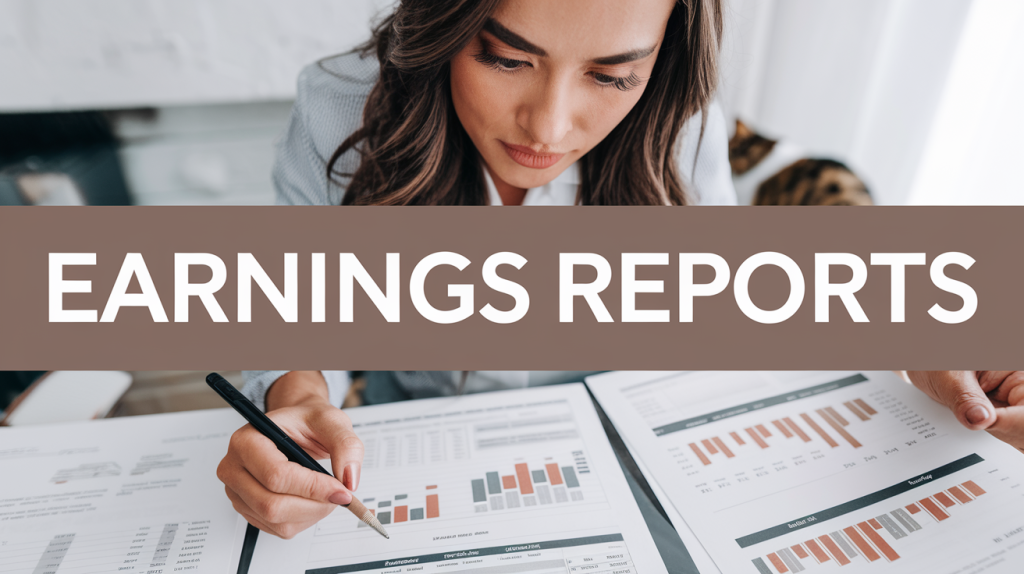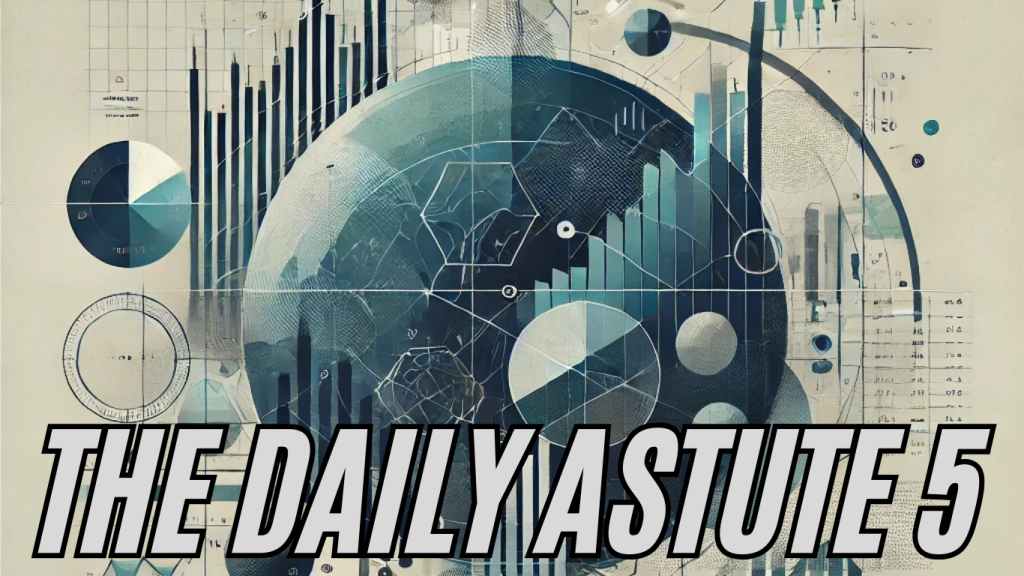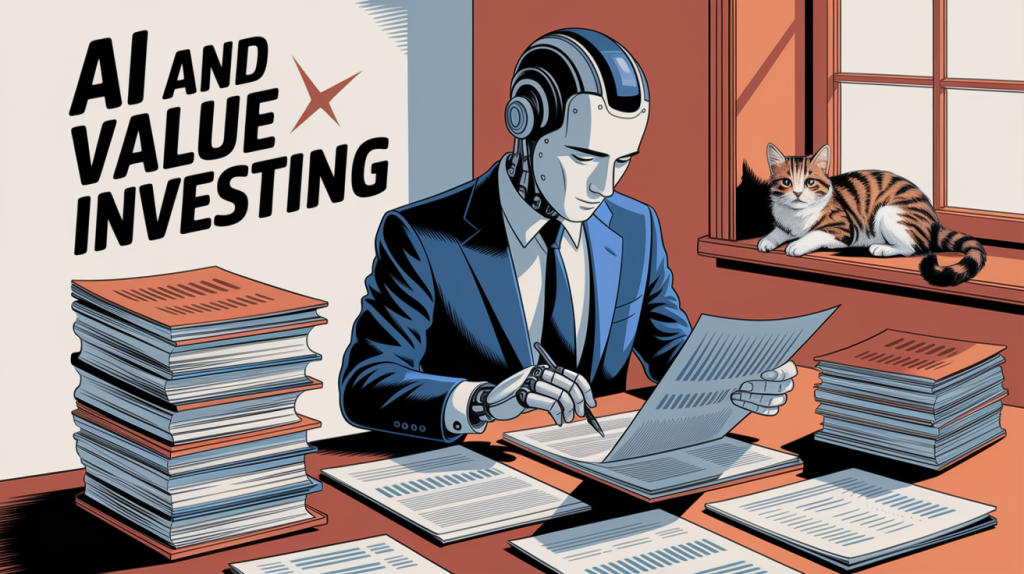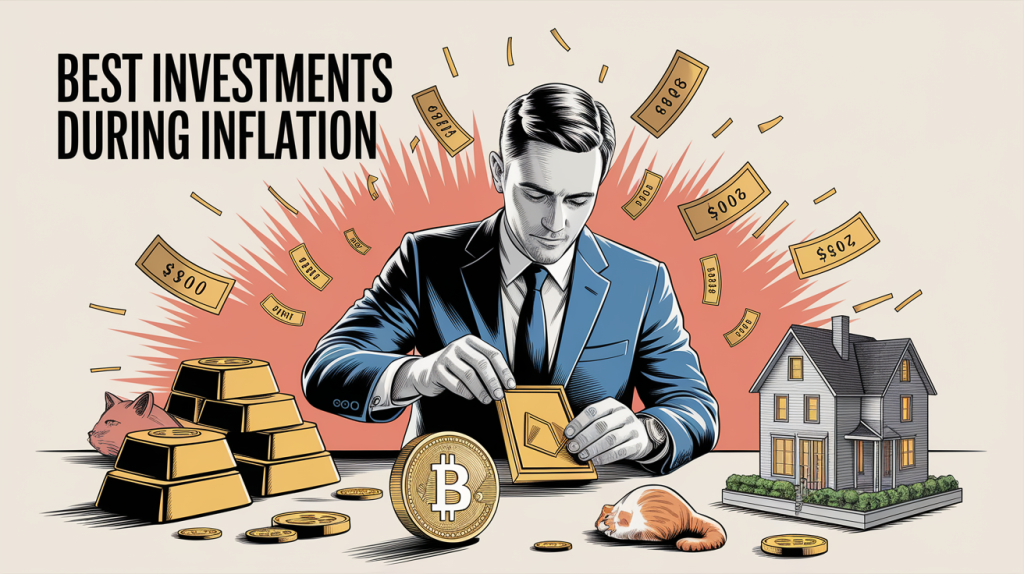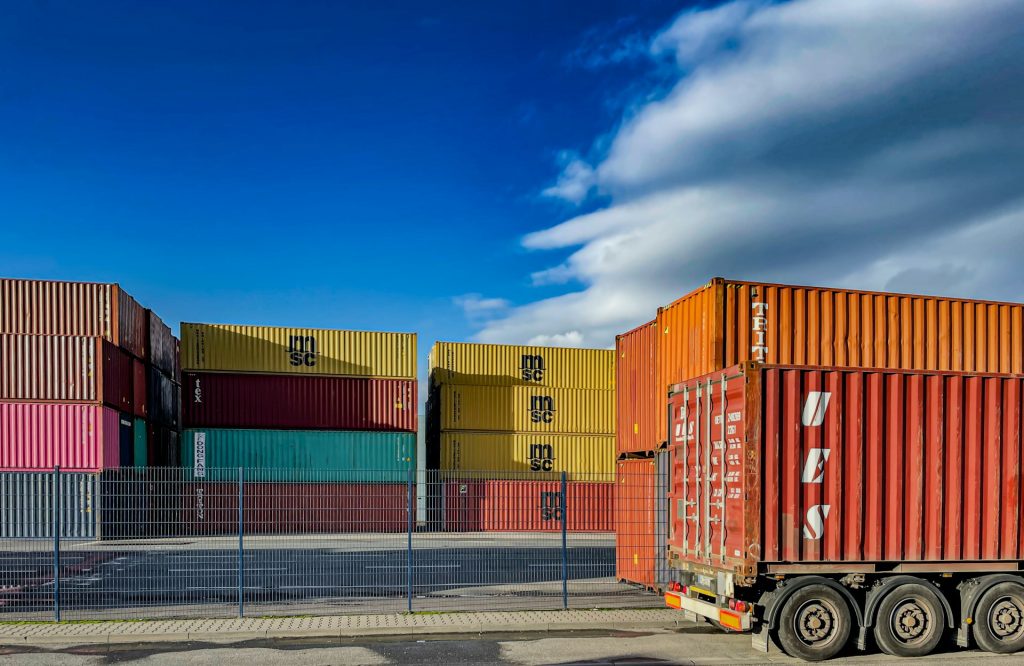
The 2024 election is done and Donald Trump has been elected as the 47th President of the United States of America.
He comes in with many ideas about his economic policies in his second term. Many of these policies will affect the way you and I should think about our investments in the long term. Promises do not always result in execution, but it is still wise to be aware of where we might be heading and how we should think about our portfolios to be resilient, and prosper.
Rise of Protectionism
Many people worry about the new tariffs that Trump has been talking about, and rightly so.
Political rhetoric aside, tariffs increase costs for the consumer. The Chinese or the Vietnamese producer will still incur the same costs to produce the goods, the shipping and packaging costs will remain the same, but the importer will end up paying additional fees in terms of tariffs. The importer (whether it is Walmart or a third party seller on Amazon, or any of the other retailers in the US), will then raise the price to cover the cost of the tariffs, which you and I will pay.
In the short term, this will bump up the inflation. If you think we are paying through our noses now, wait till the tariffs come into place.
In the long term, very likely the same goods can be produced in the US cheaper than they can be imported (because imports are expensive with tariffs). There is a caveat to this though.
- The general price levels will be higher than before Trump takes the reigns, and,
- Who will produce the goods in America if we start tightening immigration and kicking people out?
We are in for a world of hurt. Unless, we buy assets that will get inflated and will therefore preserve or enhance our purchasing power.
Here are a few examples of some potential assets:
- Real Estate
- Commodities (Gold, Silver, etc)
- Small Businesses
- Stocks
- Bitcoin and other Crypto
Invest in these assets as much as you are able to. Investing in assets and the stock market is probably the only way to profit in the next 4 years. Earning a wage and saving money in the bank is a sure fire way of losing your wealth.
Potential Retaliation from Other Countries
To trade, you need a partner. If you start blocking imports with tariffs, you should not expect your partners to happily keep their own markets open for you. There are countries and economic blocks with sufficient economic clout that when they retaliate, it will hurt.
It is true that the US runs a trade deficit. We import more than we export. But this is probably the main reason why the USD is a reserve currency.
If we embark on the process of making it impossible for other countries to trade with us, they will trade with each other and eventually may not need US dollars any more.
Deregulation
Trump will do away with many of the regulations around environmental protection, governance, equality, etc. These will eliminate some of the costs on the businesses and make them more profitable. Perhaps this may help erode some of the higher costs due to the tariffs, but I expect it will also make it easier for the companies to charge monopolistic prices.
The result of this will be richer producers and poorer consumers. Of course, if you are a shareholder, you will do well as the share prices will go up and the dividends will rise.
Taxation
If Trump is gutsy he will move to a flat tax system. This is unlikely to happen although what is very likely is the reduction in taxation, at least for the asset rich and business owning segment among us.
Look out for further reduction in capital gains and maybe taxes on dividends and interest from stocks and business assets.
I think this is a good thing for the economy overall as it will spur more investment and increase employment.
The narrative of owning stocks and businesses to profit from the upcoming boom during the 2nd Trump administration remains intact. This is further amplified by the fact that we are in the beginning stages of declining interest rates. While the consumers and wage earners will feel the pain, if you position yourself as an investor, you will very likely come out very happy and wealthy.
Photo by Bernd 📷 Dittrich on Unsplash

Shailesh Kumar, MBA is the founder of Astute Investor’s Calculus, where he shares high-conviction small-cap value ideas, stock reports, and investing strategies. He is also a strategy and operations consultant focused on measurable business outcomes
His work has been featured in the New York Times and profiled on Wikipedia. He previously ran Value Stock Guide, one of the earliest value investing platforms online.
Subscribe to the Inner Circle to access premium stock reports and strategy insights.
Featured in:




